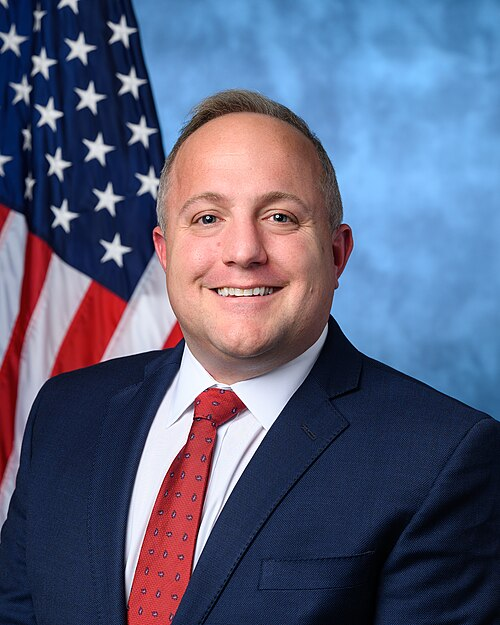H.R. 1789: Promptly Ending Political Prosecutions and Executive Retaliation Act
This bill, known as the "Promptly Ending Political Prosecutions and Executive Retaliation Act," aims to modify existing U.S. laws regarding the removal of legal actions against current and former Presidents and senior executives. Here’s a breakdown of the main provisions of the bill:
1. Changes to Removal Procedures
The bill proposes to amend how certain legal actions can be removed from state courts to federal courts. Specifically:
- It requires the party seeking removal (the removing party) to demonstrate a prima facie case— a basic showing—that the criteria for removal are satisfied.
- The language specifies that the provisions of removal apply to current and former Presidents or Vice Presidents regarding actions taken while they were in office.
2. Procedures for Criminal Cases
There are amendments to the procedures for removing criminal cases, which include:
- Introducing a requirement that cases must be removed "promptly" if there is a prima facie showing for such removal.
- Stipulating that a judgment of conviction cannot occur unless the case has been remanded back to the originating court.
- Clarifying the conditions under which a hearing may occur, allowing for a dismissal or other findings.
3. Official Immunity
This section establishes that Federal officials shall be presumed to have immunity from state law claims that arise from their official duties. Key points include:
- A Federal official is protected unless there is clear and convincing evidence that they were not acting within the scope of their official duties.
- Certain types of evidence regarding the state law claim cannot be presented in determining immunity.
- The Attorney General can represent Federal officials in these matters and is authorized to compensate outside counsel.
Courts are restricted from limiting or defining the duties of officials in the Executive Office of the President, potentially leading to broader protections for these officials regarding their legal responsibilities.
4. Application of Amendments
The provisions of this bill will apply to:
- Any civil or criminal actions that are ongoing at the time the law is enacted.
- Any new actions that are initiated after the enactment of the bill.
Relevant Companies
None found
This is an AI-generated summary of the bill text. There may be mistakes.
Sponsors
1 sponsor
Actions
6 actions
| Date | Action |
|---|---|
| Mar. 21, 2025 | Placed on the Union Calendar, Calendar No. 18. |
| Mar. 21, 2025 | Reported (Amended) by the Committee on Judiciary. H. Rept. 119-28. |
| Mar. 05, 2025 | Committee Consideration and Mark-up Session Held |
| Mar. 05, 2025 | Ordered to be Reported (Amended) by the Yeas and Nays: 14 - 11. |
| Mar. 03, 2025 | Introduced in House |
| Mar. 03, 2025 | Referred to the House Committee on the Judiciary. |
Corporate Lobbying
0 companies lobbying
None found.
* Note that there can be significant delays in lobbying disclosures, and our data may be incomplete.
Potentially Relevant Congressional Stock Trades
No relevant congressional stock trades found.
